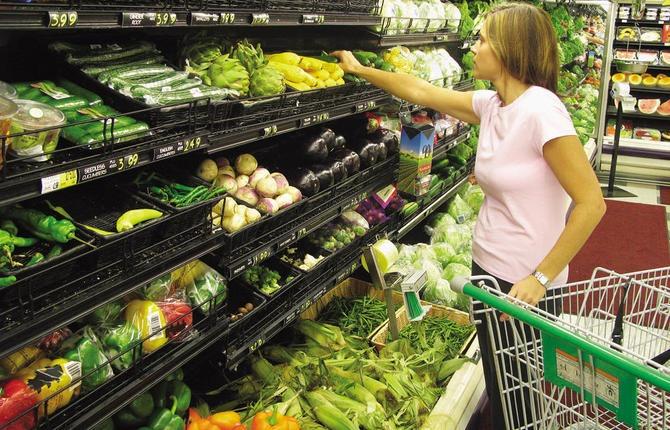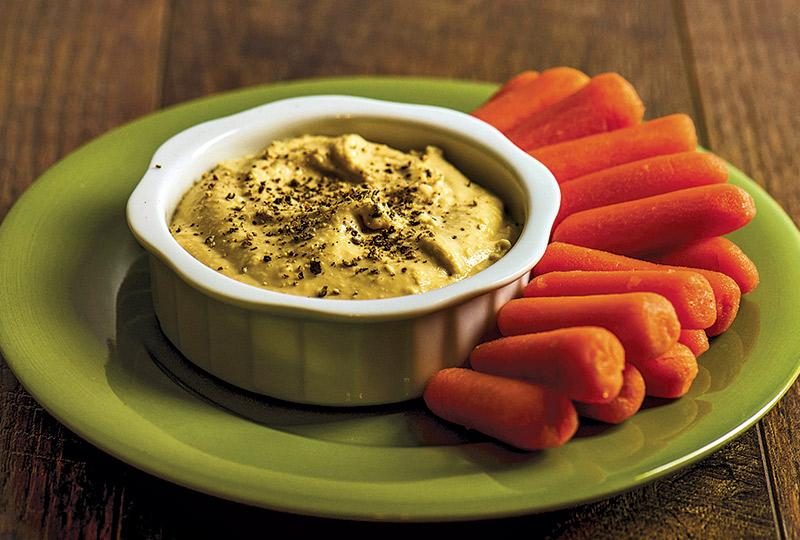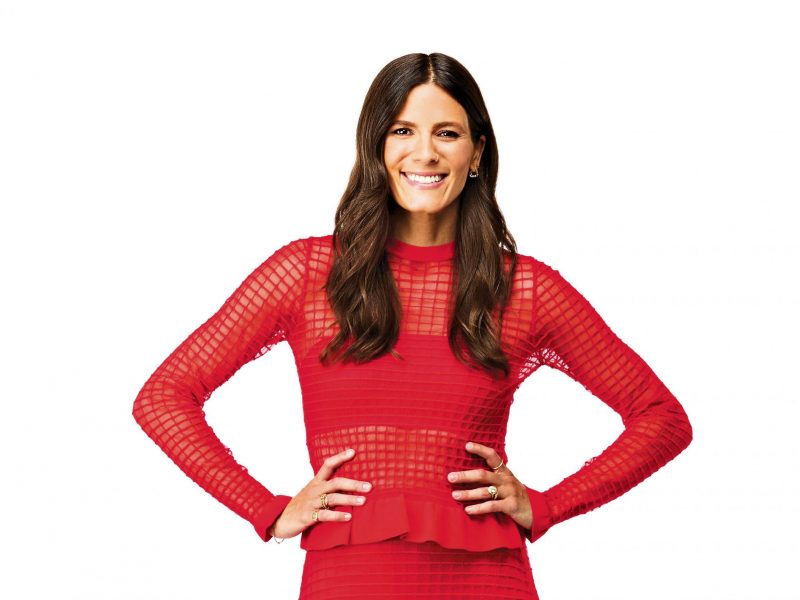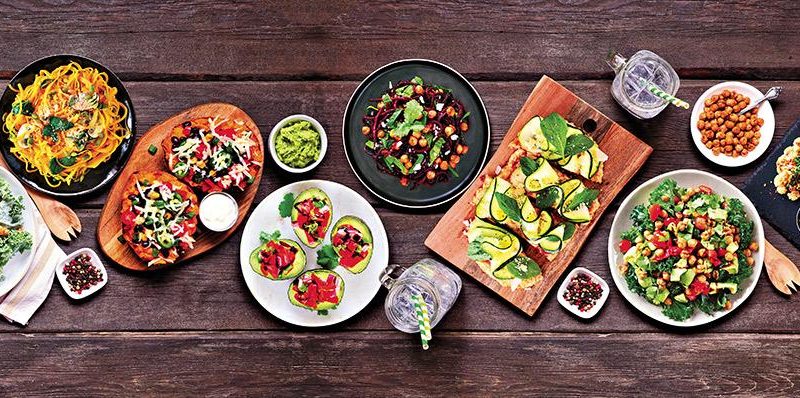
Greening your grocery shopping
Full disclosure: I’ve been known to head to the grocery store intent on buying locally-grown organic zucchini only to come home with a box of Lucky Charms. To paraphrase an old adage, the road to hell can arguably be paved with green intentions. Yet, for many of us, the path to a more eco-friendly life begins in the aisles of the grocery store. Fortunately, greening your plate is easily done (just leave your five-year-old, the one with the persuasive skills of a seasoned politician, at home). What’s more, reconnecting with your food makes for more satisfying – and tastier – family meals. And you’ll be setting your kids up for a lifetime of healthy eating.
Let’s start with…The List
Get in the habit of posting a list in the kitchen and asking family members to jot down anything that they use up – milk, ketchup, yogurt, butter… That way, when you sit down to put together your list, much of it is already done. Then, armed with your list, stick to it. It’s also a great tool if you’re persuasive five-year-old is with you. When the requests for sugar-coated crunchies begins, simply point out that it’s “not on the list” and therefore won’t be making the trip home… at least not today.
I’m a big fan of organics – anything that reduces the use of petroleum-based fertilizers and pesticides has my vote and I’m happy to support small farmers. Organics, however, is being hijacked by agribusiness, which is seeing green – and I don’t mean that in an eco sense. Organic Oreos is, quite simply, missing the entire point. However, there are some staples that I recommend parents buy in the organic version – in large part because kids ingest a lot of it and in part because the conventional item is pesticide-intensive. They are milk (organic milk is a good way to avoid antibiotics and pesticides); ketchup (counts as a vegetable in our house…and conventional tomatoes are heavy on pesticides. What’s more, organic ketchup has been shown to have twice the antioxidants of conventional; apples (again, conventional is high in pesticides); and meat (organic meat eschews artificial hormones, antibiotics and pesticides in feed). Speaking of meat…
Don’t have a Cow, man…
Your family’s love of burgers could have a larger negative impact on the planet than your dedication to the family van. Recent stats from the U.N. reveals that cows are the largest contributors of greenhouse gas emissions on the planet – more than all forms of transport combined. By reducing your meat consumption, you’re doing a big favour to Mother Earth. Start by cutting out meat one dinner per week. As your culinary horizons expand, you’ll find it easier to create meatless meals. Plus, you’ll save money as other protein sources often cost less than meat.
Most highly processed foods are high in salt and fat and come with enough packaging to ensure safe transport on a rocket ship. The only ones who win from purchasing processed foods are the food companies who’ve convinced us that we need them. A good guideline is to stick as close to the food as possible. For example, an apple is healthier (for you and the planet) than applesauce or “Applesnax”. Farm-fresh cheese (raw milk, preferably) is a healthier choice than processed cheese slices or Cheestrings. As food writer Michael Pollan advises, “Eat food. Not food products.”
Find Alt Shopping Venues
Give the supermarket a pass and seek out other spots to shop for food. Farmer’s markets, community-supported agriculture, co-ops or natural food stores are a great way to meet your local farmers and find out what, exactly, is in the food you’re putting on your plates. You’ll be supporting your local economy and educating your kids (though they’ll just think they’re having a good time) about healthy eating and our food system.
• Leslie Garrett is the author of The Virtuous Consumer: Your Essential Shopping Guide for a Better, Kinder, Healthier World (and one our kids will thank us for!). Visit her at www.virtuousconsumer.com.







